Sponsored Links
Mobile Services and Bundles Boost UK Broadband Take-up to 71 Percent
Posted: 19th Aug, 2010 By: MarkJ
 Ofcom has just released its fifth annual Communications Market Report 2010, a mammoth research document providing insight into the trends of the UK's TV, radio, telecoms, internet industries and their users. It reveals that total UK broadband take-up has now reached 71% (68% in 2009), with 2% of households still using narrowband dialup to go online.
Ofcom has just released its fifth annual Communications Market Report 2010, a mammoth research document providing insight into the trends of the UK's TV, radio, telecoms, internet industries and their users. It reveals that total UK broadband take-up has now reached 71% (68% in 2009), with 2% of households still using narrowband dialup to go online.The total take-up of fixed line broadband ISP connections remains at 65%, unchanged from 2009. Indeed much of the growth since last year is predicted to have come from Mobile Broadband services, which is used by 15% of adults, up from 12%. It should therefore not be surprising that 14% of people now live in a mobile-only household and data/internet volumes over mobile networks increased by 240% last year.
EnglandSurfing the internet via mobile Smartphone's is understandably the fastest growing mobile media activity with 1 million new users during the first quarter of 2010 (taking the total to 13.5 million, compared to 9 million in 2009). Taking advantage of the growth in connected devices, 67% of adults have used a PC to access the internet, 28% a mobile device, 10% a games console and 6% a portable media player.
Broadband take-up in England has more than doubled in the past five years and it's now the highest (73%) among the UK's four nations. Some 15% of households in England claimed to access the internet via Mobile Broadband.
Scotland
Broadband take-up in Scotland also showed the smallest increase across the UK, at just 1% between 2009 and 2010 (to reach 61%), but varies from 72% in Edinburgh and the Forth Valley to 53% in Glasgow, Clyde and Lanarkshire. Some 12% of people in Scotland use Mobile Broadband.
Wales
Broadband take-up in Wales is lower (64%) than the UK as a whole (71%). Take-up of Mobile Broadband is higher in Wales (16%) than any of the other UK nations.
Northern Ireland
Five years ago only a quarter of homes in Northern Ireland had broadband. But take-up now stands at 70%, almost matching the UK average of 71% and well ahead of Scotland and Wales. The use of Mobile Broadband has increased by 6% from last year and is now used in 14% of all homes.

The most popular internet activity in Q1 2010 was sending and receiving email (85%), closely followed by surfing and browsing the internet (84%). The popularity of both activities has risen slightly on Q1 2009, by 3% and 5% respectively. Adults now spend 14.2 hours per month on the web. Time spent on fixed internet connections has increased by over two-thirds since 2008.
Almost a third of households with internet access used it to watch online catch-up TV (e.g. BBC iPlayer), up 8% over the year. However social networking accounts for nearly a quarter of all time spent on the internet (23% now, compared with 9% in 2007). This has been driven by the rapid growth of Facebook – which is up 31% – and the average Facebook user spent 6 hrs and 30 minutes on the site during May 2010.
Peter Phillips, Ofcom Partner, Strategy and Market Developments, said:
"For the first time we can see just how central media and communications are to our lives – on average we use them for nearly half our waking hours. Increasingly, mobile devices – especially smartphones – are used for multi-media, but live evening TV still remains the main entertainment event of the day.
Younger people have shown the biggest changes in how we use media – particularly using different media at the same time. But the divide between younger and older people’s use of technology is starting to narrow as more older people are getting online and finding that things like email are very important to them.
Consumers are using communications services more – phone calls, texting and the internet. Yet they are paying less despite getting more, partly through buying in bundles."
"For the first time we can see just how central media and communications are to our lives – on average we use them for nearly half our waking hours. Increasingly, mobile devices – especially smartphones – are used for multi-media, but live evening TV still remains the main entertainment event of the day.
Younger people have shown the biggest changes in how we use media – particularly using different media at the same time. But the divide between younger and older people’s use of technology is starting to narrow as more older people are getting online and finding that things like email are very important to them.
Consumers are using communications services more – phone calls, texting and the internet. Yet they are paying less despite getting more, partly through buying in bundles."
Indeed Ofcom's report shows that real household monthly spend on communication services fell 9.4% over the past five years to £91.24, as more people were choosing to buy their services in discounted bundles.

It is now quite common to bundle telephone and broadband services, which accounts for the lions share of the market at 22% (20% in 2009). Triple-play bundles of phone, broadband and television (TV) services come next with 17% (16% in 2009). In total, bundled communication services now account for 50% of all UK households (46% in 2009).
Download Ofcom's Full Report (PDF)
http://stakeholders.ofcom.org.uk/binaries/research/cmr/753567/CMR_2010_FINAL.pdf
Search ISP News
Search ISP Listings
Search ISP Reviews
Latest UK ISP News
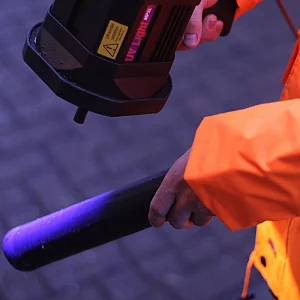
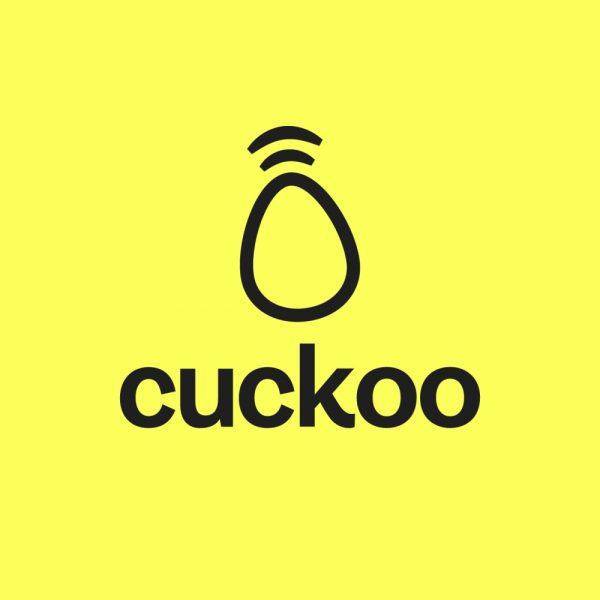
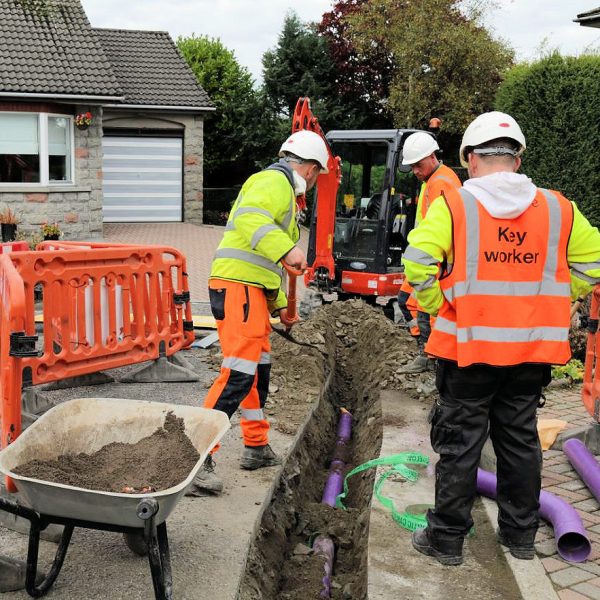
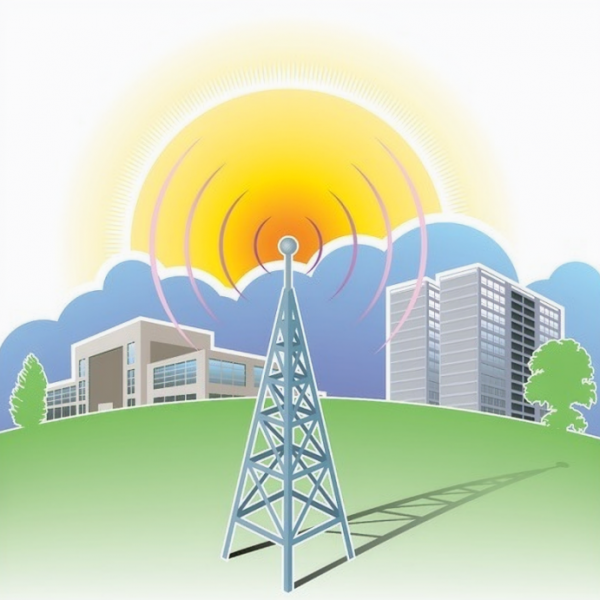
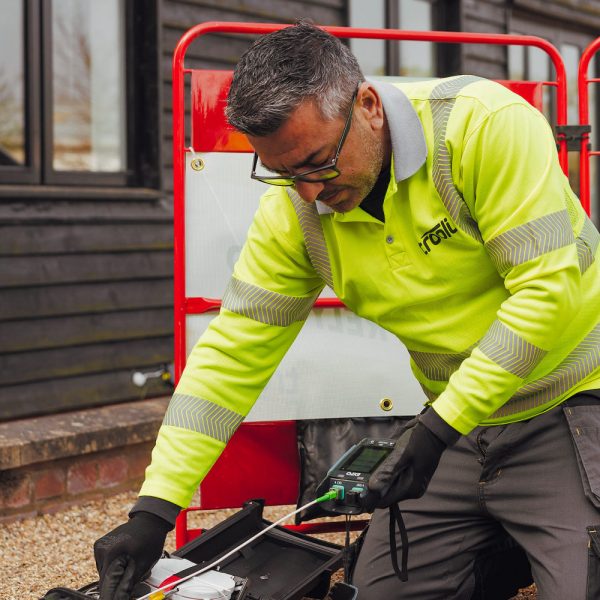

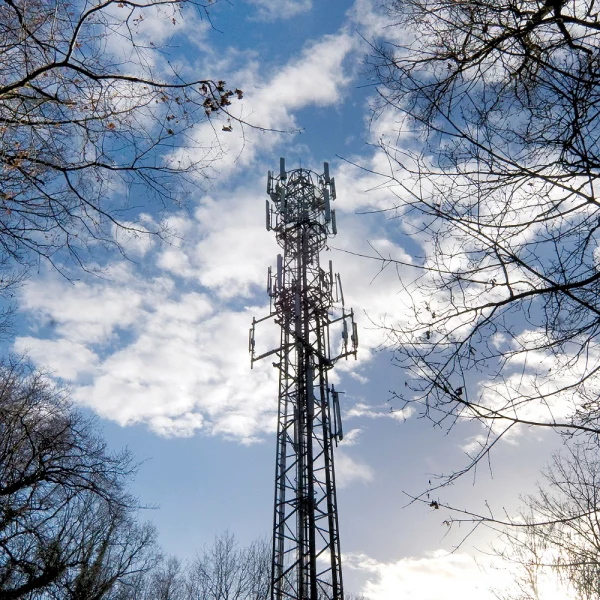
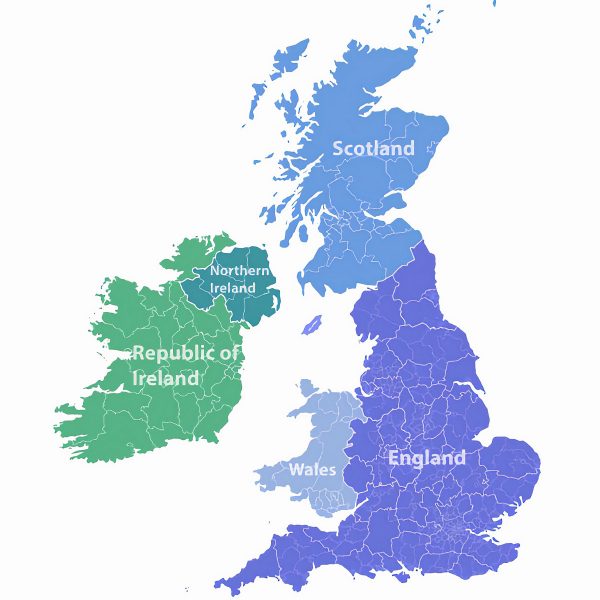
Cheap BIG ISPs for 100Mbps+
150,000+ Customers | View More ISPs
Cheapest ISPs for 100Mbps+
Modest Availability | View More ISPs
Latest UK ISP News
Helpful ISP Guides and Tips
Sponsored Links
The Top 15 Category Tags
- FTTP (5533)
- BT (3518)
- Politics (2542)
- Openreach (2299)
- Business (2267)
- Building Digital UK (2247)
- FTTC (2045)
- Mobile Broadband (1978)
- Statistics (1790)
- 4G (1669)
- Virgin Media (1621)
- Ofcom Regulation (1466)
- Fibre Optic (1396)
- Wireless Internet (1392)
- FTTH (1382)
Sponsored
Copyright © 1999 to Present - ISPreview.co.uk - All Rights Reserved - Terms , Privacy and Cookie Policy , Links , Website Rules

































